Disentangling Consciencism
African Philosophy
Critical Perspectives and Global Dialogue
Series Editors: Uchenna B. Okeja, Rhodes University, South Africa; and Bruce B. Janz, University of Central Florida
Editorial Board
Anthony Appiah, Valentine Mudimbe, Gail Presbey, Achille Mbembe, Robert Bernasconi, Samuel Imbo, Tsenay Serequeberhan, Thaddeus Metz, Katrin Flikschuh, Niels Weidtmann, Christine Wanjiru Gichure, Kai Kresse, Joseph Agbakoba, Souleymane Bachir Diagne, Dismas. A. Masolo, Pedro Tabensky
The African Philosophy: Critical Perspectives and Global Dialogue book series aims to promote emerging critical perspectives in different branches of African philosophy. It serves as an avenue for philosophers within and between many African cultures to present new arguments, ask new questions, and begin new dialogues within both specialized communities and with the general public. By merging the critical and global dimensions of thoughts pertaining to important topics in African philosophy, this series beams the lights and rigour of philosophical analysis on topical as well as classical questions reflective of the African and African diaspora search for meaning in existence. Focused on the best of African philosophy, the series will introduce new concepts and new approaches in philosophy both to intellectual communities across Africa, as well as the rest of the world.
Titles in the Series
The Rule of Law and Governance in Indigenous Yoruba Society: An Essay in African Philosophy of Law , by John Ayotunde Isola Bewaji
Disentangling Consciencism: Essays on Kwame Nkrumahs Philosophy , edited by Martin Odei Ajei
Disentangling Consciencism
Essays on Kwame Nkrumahs Philosophy
Edited by
Martin Odei Ajei
With a Foreword by
Kwame Gyekye
LEXINGTON BOOKS
Lanham Boulder New York London
Published by Lexington Books
An imprint of The Rowman & Littlefield Publishing Group, Inc.
4501 Forbes Boulevard, Suite 200, Lanham, Maryland 20706
www.rowman.com
Unit A, Whitacre Mews, 26-34 Stannary Street, London SE11 4AB
Copyright 2017 by Lexington Books
All rights reserved . No part of this book may be reproduced in any form or by any electronic or mechanical means, including information storage and retrieval systems, without written permission from the publisher, except by a reviewer who may quote passages in a review.
Quotations from Kwame Nkrumahs Consciencism appear courtesy of Panaf Books.
British Library Cataloguing in Publication Information Available
Library of Congress Cataloging-in-Publication Data
Names: Ajei, Martin Odei, editor.
Title: Disentangling consciencism : essays on Kwame Nkrumahs philosophy/edited by Martin Odei Ajei; foreword by Kwame Gyekye.
Description: Lanham : Lexington Books, 2016. | Series: African philosophy: critical perspectives and global dialogue | Includes bibliographical references and index.
Identifiers: LCCN 2016037264 (print) | LCCN 2016047580 (ebook) | ISBN 9781498511513 (cloth : alk. paper) | ISBN 9781498511520 (Electronic)
Subjects: LCSH: Nkrumah, Kwame, 1909-1972Political and social views. | GhanaPolitics and government19571979. | Pan-Africanism. | National liberation movementsAfricaPhilosophy.
Classification: LCC DT512.3.N57 D57 2016 (print) | LCC DT512.3.N57 (ebook) | DDC 199/.667dc23
LC record available at https://lccn.loc.gov/2016037264
 The paper used in this publication meets the minimum requirements of American National Standard for Information SciencesPermanence of Paper for Printed Library Materials, ANSI/NISO Z39.48-1992.
The paper used in this publication meets the minimum requirements of American National Standard for Information SciencesPermanence of Paper for Printed Library Materials, ANSI/NISO Z39.48-1992.
Printed in the United States of America
For Hawa, DJ, and Se Sawaneh
Contents
Kwame Gyekye
Kofi Ackah
Paulin J. Hountondji
Tsenay Serequeberhan
Translated by Tsenay Serequeberhan
Katrin Flikschuh
Stephen C. Ferguson II
Louise du Toit
John H. McClendon III
Richmond Kwesi
M. B. Ramose
Thaddeus Metz
Martin Odei Ajei
Leif Wenar
Ezekiel S. N. Mkhwanazi
Raymond N. Osei
Barry Hallen
Neera Chandhoke
I have incurred numerous debts in preparing this volume, but it is only proper that I should begin these acknowledgments by expressing my thanks to all the contributors for their essays and speeches.
, passed on in July 2014. The chapter is therefore reprinted here in honor of his memory, and with gratitude to his family for their generous approval, through his son Patrice Towa, of my request to include the essay in this volume. Professor Towas essay is produced here with the kind permission of Presence Africaine, which originally published it in French in 1973.
I am deeply indebted to Mr. Mainoo Smith, Dr. Caesar Atuire, and Mr. Richmon d Kwesi for their review of, and helpful comments on, some of the essays in this volume. I wish also to thank Ms. Grace Addison and Mr. Seth Don Arthur for their meticulous attention and patience in helping with the preparation of the manuscript.
I would also like to acknowledge with thanks the Leverhulme Trust for its generous award of a grant to a network of researchers, of which I am a member, to implement the project Domesticating Global Justice: Global Normative Theorizing in Modern African Contexts. The project has sharpened my thinking on the importance of highlighting the normative work of African philosophers; and in this I have benefited immensely from the discussions, support, and generosity of Professor Katrin Flikschuh, the principal investigator of the project, as well as the network membersProfessor Ajume Wingo, Professor Chandran Kukathas, Professor Eghosa Osaghae, Professor Lea Ypi, Professor Leif Wenar, Professor Rainer Forst, and Dr. Simon Hope.
I have imposed myself on the time and thought of numerous others who have discussed and commented on sections of the contents and design of this book. I salute and thank you all, with confidence in my assurance that you know that the absence of your names in print here does not diminish my profound gratitude to you.
Kwame Gyekye
I would like to begin this Foreword with brief remarks on Kwame Nkrumahs philosophical education and career, many of the details of which are probably not known to most people. After graduating with a BA in sociology and economics from Lincoln University in 1939, he was invited to become Instructor in philosophy in 1940. While he was an instructor in philosophy at Lincoln, he spent time to do further work on Plato, Aristotle, Locke, Kant, Descartes, Hegel, Hume, Nietzsche, Schopenhauer, Marx, and other philosophers. He also obtained the bachelor of theology degree from Lincoln in 1942 at the head of his class, according to his autobiography. In that same year (1942), he commuted between Lincoln and Philadelphia where he was studying for a masters degree. He obtained the MSc degree in education from University of Pennsylvania, an Ivy League College, in 1942.
In February 1943, Nkrumah received the MA degree in philosophy, also from the University of Pennsylvania. He then embarked on a study for the doctorate degree in philosophy at the University of Pennsylvania. Nkrumah tells us in his Autobiography that he finished the courses and the preliminary examinations for the doctorate degree at the University of Pennsylvania. The title of his doctorate thesis was Mind and Thought in Primitive Society. He did not have enough money to stay on to complete the PhD at the University of Pennsylvania and left for the United Kingdom in 1945.
In London, he registered at the London School of Economics to attend lectures in preparation for a law qualification at the Grays Inn. At the same time, he registered at the University College London to read philosophy. He says he abandoned the research work he had been doing in ethno-philosophy, which was the subject of his original PhD thesis at the University of Pennsylvania, and decided, instead, to work on another thesis on what was then a new theory of knowledge, Logical Positivism. He began this study under Professor A. J. Ayer, then Grote Professor of Philosophy of Mind and Logic at the University College London. He must have abandoned this pursuit, as he soon got involved in organizing political activities in the United Kingdom in pursuit of the African struggle for independence.
Next page
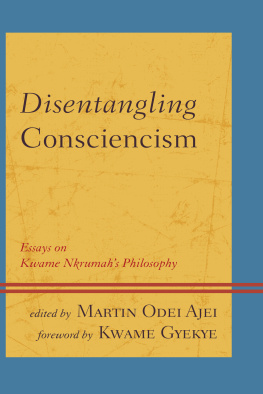

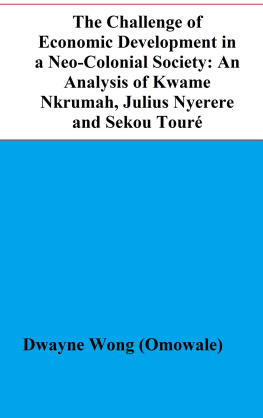
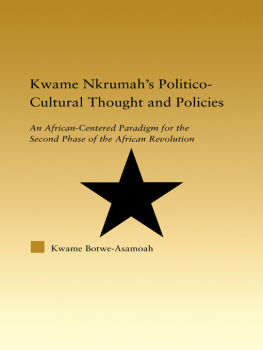

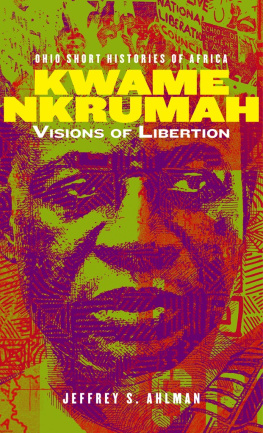
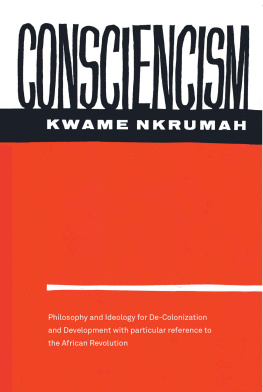
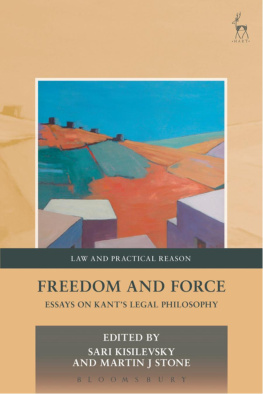
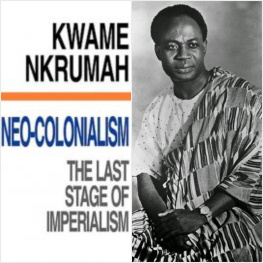
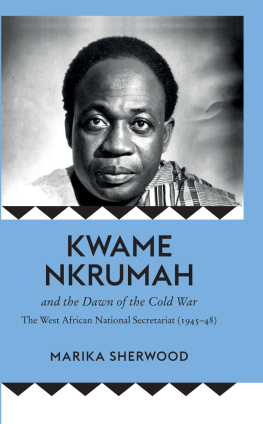
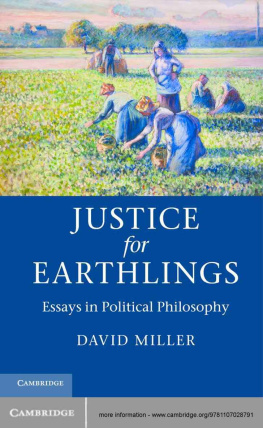
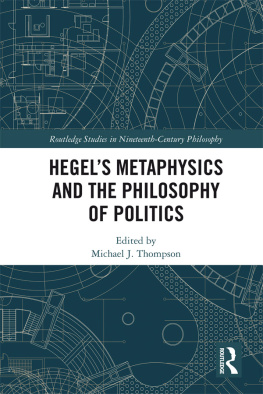
 The paper used in this publication meets the minimum requirements of American National Standard for Information SciencesPermanence of Paper for Printed Library Materials, ANSI/NISO Z39.48-1992.
The paper used in this publication meets the minimum requirements of American National Standard for Information SciencesPermanence of Paper for Printed Library Materials, ANSI/NISO Z39.48-1992.